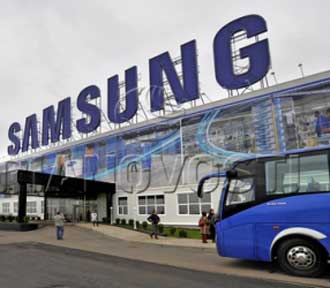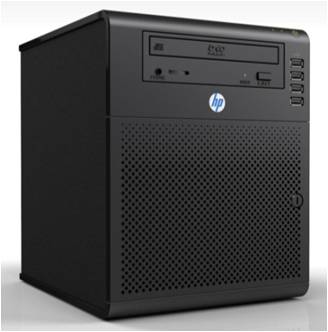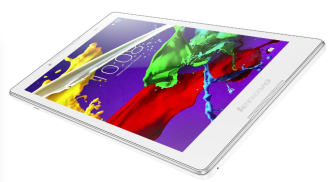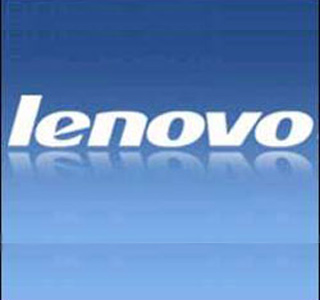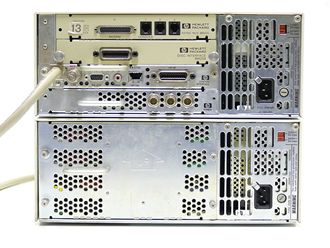 Motorola has been told by a US jury that it used an idea in a patent troll’s portfolio without permission.
Motorola has been told by a US jury that it used an idea in a patent troll’s portfolio without permission.
Intellectual Ventures’ claimed that it invented multimedia text messaging, something that Motorola said it came up with.
The jury, which deliberated for about a day and a half, cleared Motorola on a second patent related to wireless bandwidth, which it said was invalid. Damages are to be determined later.
It was the second time the two companies faced off in court. The first round, in February 2014, ended in a mistrial after jurors could not agree on a verdict.
Another trial between the two, involving a single Intellectual Ventures patent related to detachable computer devices, is scheduled to begin Thursday.
Lenovo bought the Motorola handset division from Google in October.
Intellectual Ventures is one of the largest intellectual property owners in the world, with more than 70,000 patents and patent applications to its name. It only recently began suing companies in addition to its longtime strategy of licensing its wide array of patents.
It sued Motorola in 2011, alleging that several of Motorola’s mobile devices infringed its patents.
Intellectual Ventures insists that unlike some of the firms denounced as “patent trolls” it does not file frivolous lawsuits. Apparently the definition of a troll is now that the cases have to be frivolous, we thought that they had to be made by people who did not invent anything and were filed purely to make a company wealthy.
In February, Intellectual Ventures won a $17 million patent verdict against security software maker Symantec strengthening its track record in court.
